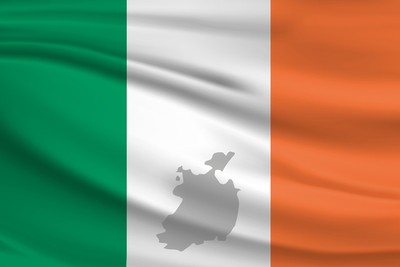 Free bets will be banned and gambling operators could face fines of up to €20 million for impropriety – that’s according to proposed legislation outlined by the Irish government.
Free bets will be banned and gambling operators could face fines of up to €20 million for impropriety – that’s according to proposed legislation outlined by the Irish government.
Ministers are preparing to create a new gambling regulator in the country, and an overhaul of existing legislation would form the basis of its powers.
The General Scheme of Gambling Regulation Bill has been thrashed out, and changes within the regulation would see one of the most liberal markets on the planet given a far more stringent overhaul.
The previous legal framework has been described as ‘outdated and fragmented’ by the Minister of State at the Department of Justice, James Browne, and the new bill will deliver a more uniform approach that reflects the changing tastes of casino gamers and sports bettors, and the manner in which they place their bets online.
As part of the proposals, a number of radical changes would be introduced to the sector, which is worth an estimated €10 billion. They include:
- Fines of up to €20 million for misbehaving operators
- Free bets to be banned
- VIP schemes to be outlawed
- Credit card deposits/withdrawals to be prohibited
The legislation would also allow the incoming regulator to withdraw licenses from brands that continually fail to act appropriately, and even have the power to close down firms that are headquartered in the Irish Republic.
All brands wishing to operate on Irish soil must also pay into a newly-created social impact fund, which would then go on to finance treatment services for problem gamblers and invest in education and research into the subject.
A number of exclusion tools, including timeouts and a self-exclusion register, will also become mandatory.
A New Sheriff in Town

The Gambling Regulation Bill will be implemented and governed by a brand new organisation: the Gambling Regulatory Authority of Ireland.
However, that won’t come into power until 2023 – and that’s assuming that the bill is passed by the legislature of Ireland, the Oireachtas.
Browne was proud that an ‘important milestone’ has been passed, and welcomed the proposed changes.
“We all accept that the current legislative framework is fragmented, outdated, lacks a coherent licensing and regulatory approach, and is in need of significant reform,” he said. “Now is the time to finally address this issue comprehensively, once and for all.
“I believe that the legislative underpinning of this new authority will be essential to its success, and I am committed to taking this forward.”
Meanwhile Barry Grant, the CEO of Problem Gambling Ireland, hoped that further measures would be introduced to improve player welfare. Those include limits on the length of time that an individual can bet for – similar to the system implemented in Germany – and the addition of an ‘opt in or out’ service, which would allow gamers to turn off gambling ads on video sharing platforms such as YouTube and Twitch.
“There’s also other measures that could be taken such as slowing down, online casino games, things like slot machines, online roulette, things like that, but I suppose there’s a lot of broad brushstroke stuff in here,” Grant told RTE.
